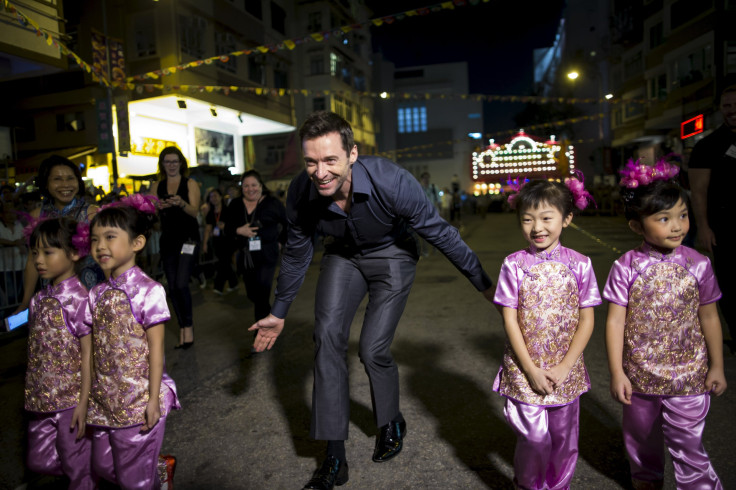Hugh Jackman and skin cancer: Australian actor urges people to use sunscreen amidst rising skin cancer cases

Australian actor Hugh Jackman recently received treatment for his fifth skin cancer, urging people to use sunscreens whenever they go out in the sun or expose body parts to sun’s rays. According to the actor, he has had five skin cancers removed since 2013, and he wants his fans to get regular skin tests done.
However, there is good news on the skin cancer front. Recently, a revolutionary skin cancer drug, Nivolumab, has been approved by UK’s NHS on recommendation by the National Institute for Health and Care Excellence (Nice).
Like us on Facebook
Patients taking the drug survive much longer than when on traditional chemotherapy. The one-year survival rate for Nivolumab was 73 percent, whereas that of chemotherapy was only 42 percent. It is being hailed as a skin cancer breakthrough.
Jackman has posted a photo of himself post-surgery on his Instagram account.
“An example of what happens when you don't wear sunscreen. Basal Cell. The mildest form of cancer but serious, nonetheless. PLEASE USE SUNSCREEN and get regular check-ups,” read his caption.
Jackman had his first skin cancer removed in 2013 after his wife, Deborra-Lee Furness, wanted him to get a mole on his nose checked.
“Deb said to get the mark on my nose checked. Boy, was she right! I had a Basal Cell Carcinoma. Please don’t be foolish like me. Get yourself checked. And USE sunscreen!!!,” Jackman had posted on Instagram.
Related: Summer, sunburn, sunscreen and skin cancer – Australians have a lot to worry about
There are three types of skin cancers, namely, non-melanoma cancers like basal cell carcinoma and squamous cell carcinoma and melanoma, which is the most dangerous form of skin cancer. According to the Cancer Council, two in three Australians will be diagnosed with skin cancer by the time they are 70.
Close to half a million people are treated every year. Non-melanoma skin cancer is more common in men, with almost double the incidence compared to women. Around 500 people die every year due to non-melanoma cancers in Australia.
Close to 70 percent of non-melanoma skin cancers are basal cell carcinomas, writes The Guardian. Although non-invasive, some of them require treatment as they might develop in more aggressive forms of skin cancer. About 95 percent are caused by UV exposure from sunlight.





















